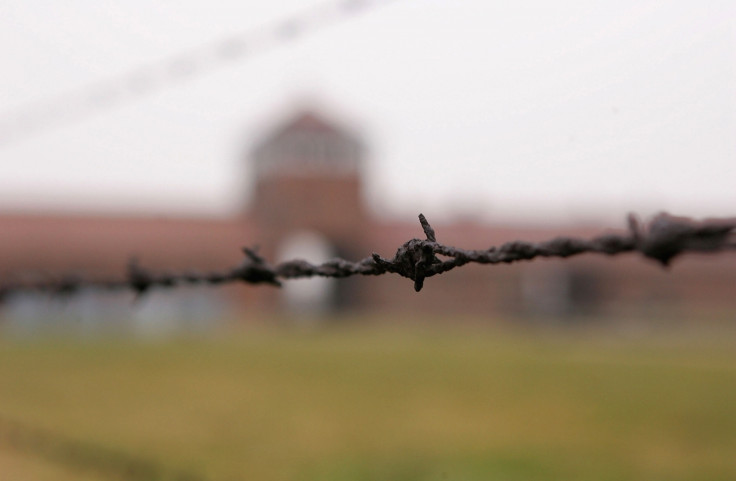Polish politician demands 'Polocaust' museum to commemorate deaths of non-Jews during WWII
Deputy Minister of Culture Jarslaw Sellin said it was time Poland's "terrible fate" was known worldwide.
Poland's Deputy Minister of Culture says he supports the establishment of a museum to commemorate the deaths of non-Jews during World War II.
Jarslaw Sellin said that he backs the creation of a "Polocaust" museum that would highlight the suffering of Poles during the conflict. Sellin claimed it was time "this terrible fate" was known more worldwide. It is estimated that Germany killed at least 1.9 million non-Jewish Polish civilians during World War II.
Sellin told polish radio: "Compared with other nations, especially in this recent history, generally we have nothing to be ashamed of, we behaved as it should."
"I believe that the story of the fate of Poles during the Second World War ... deserves such a story," Sellin said.
His comments echoed a recent column by influential journalist Marek Kochan.
"Every state has the right to its own historical policy, Israel has it, Poland has it. The Polocaust is not the Holocaust. It is something different, but also threatening the existence of an entire nation. Polish victims also have the right to be commemorated," Kochan wrote in the Rzeczpospolita.
"The State of Israel has succeeded in imposing a narrative reducing the victims of the war to the victims of the Holocaust. And yet no death resulting from criminal intentions is better or worse than another."
His comments follow a new law that made it illegal to imply Polish complicity during the Holocaust, which saw millions of European Jews deported to Nazi-run death camps in Poland. Violation of this can result in a fine or a sentence of up to three years.
The move has caused diplomatic tension between Poland and Israel. Earlier this month, vandals daubed Poland's embassy in Tel Aviv with swastikas to protest the bill.
Sellin says he also backs the creation of a museum in New York to mark the rescue of 35,000 Jewish refugees during WWII by Polish citizens. He said Manhattan was their top choice because it was "the city where the most Jews in the world live, not in Jerusalem or Tel Aviv".























